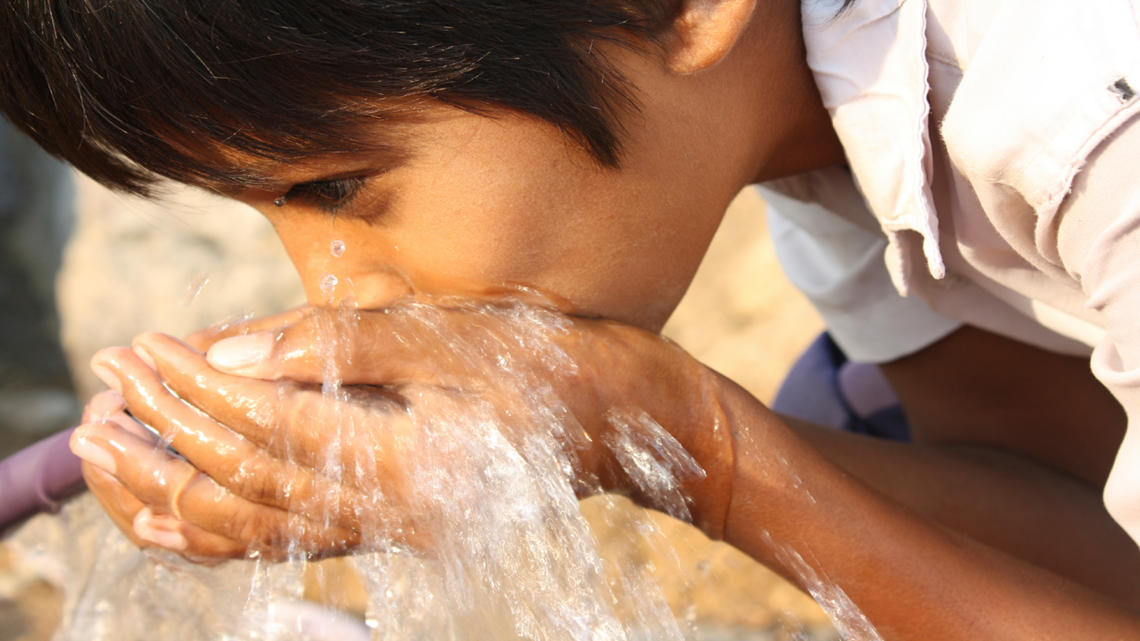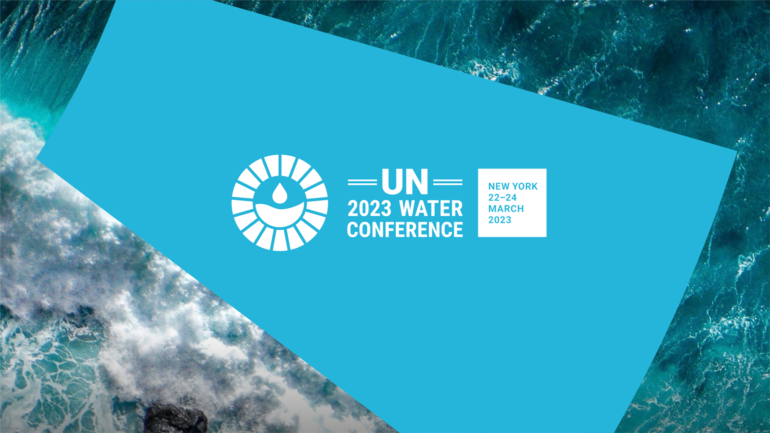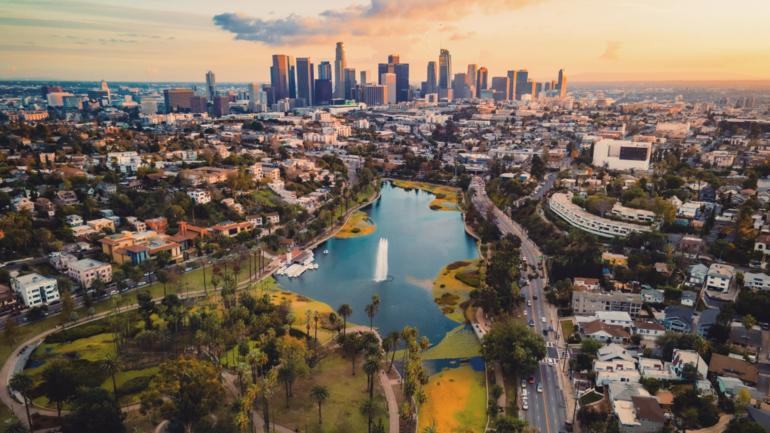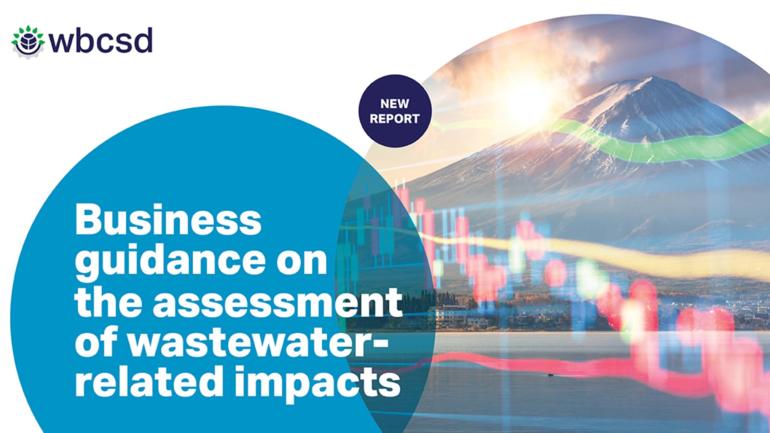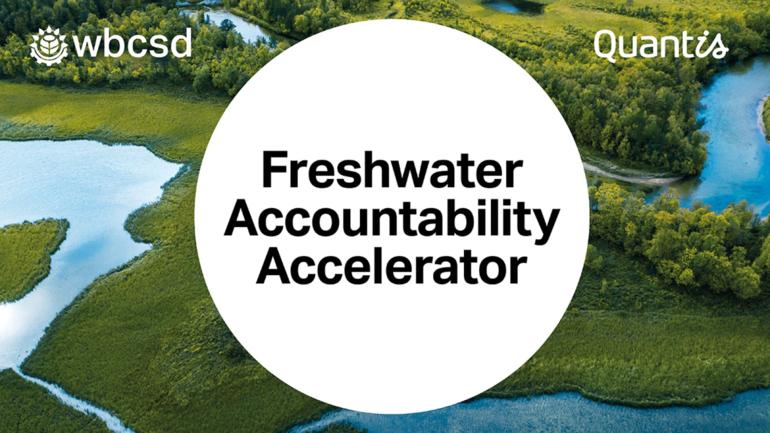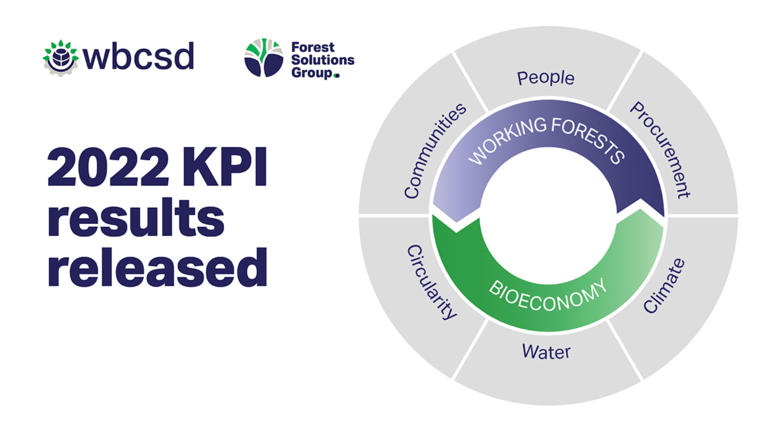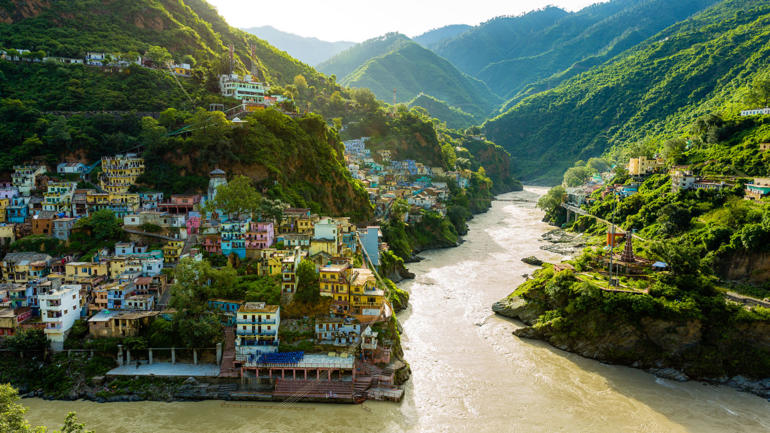April 12-17 2015 in the Republic of Korea, This time spread over 2 cities, close to 30,000 participants collaborated to identify pathways to implement solutions at the necessary scale.
The World Water Forum is composed of a 2-year preparatory process (on Political, Thematic, Regional and Science & Technology streams), culminating in an event every three years organized jointly with a host country. It serves as a stepping-stone towards global collaboration on tackling water challenges and gathers representatives from more than 160 countries. Each topic is developed in cooperation with all stakeholders into a common framework of goals and concrete targets to reach, complementary to the SDGprocess.
Business and industry play an active role in the Forum as a primary provider of sustainable solutions and a constructive contributor to shaping the way forward.Among the member companies represented were EDF, ITC, Nestlé, Shell, Suez Environnement, The Coca-Cola Company and Veolia. WBCSD was among the leaders for the theme Green growth, water stewardship and industry, in close cooperation with its Water Leadership Group.WBCSD was also among the organizers or speakers at around 10 sessions, organized on the themes of effective water governance and stakeholder engagement, ecosystems valuation, water and cities, circular approaches breaking through the silos of water, energy and waste, water and energy, natural infrastructure, directions for the post-2015 development agenda, water stewardship...
- The themes of wastewater management, resource recycling and reuse, and urban challenges were particularly discussed across the 4 processes this year. AWBCSD-convened session explored ways to avoid wasting useful resources (such as energy, water, heat, nutrients, bioplastics) through more sustainable business models involving resources recovery, recycling and reuse, and cross-sector collaboration at a systems level. Planning and plumbing cities has to be reconsidered, considering the total flow of energy, water and materials that goes through a city, how to “close the loops” and reconnect cities to the natural water cycle and to the integrated operation of natural ecosystems.
- A key component of the OECD Water Governance Initiative, the report “Stakeholder Engagement for Inclusive Water Governance” was launched. It suggests policy guidance to decision makers and practitioners in the form of 6 key Principles and a Checklist for Public Action with indicators, international references and self-assessment questions to set up the framework conditions needed to yield the short and long-term benefits of stakeholder engagement. A multi-stakeholderDeclaration on the OECD Principles on Water Governance, supported by the WBCSD, was also released.
- The first results of the Water4Energy Framework, aiming to assess the energy production sites’ interactions with local water environments through a shared methodology and common terminology, were presented and positively recognized. This project will continue with a phase 2 to be launched and led by the World Energy Council, EDF remaining a key partner.
- The World Water Council and OECD jointly convened a High Level Panel to raise the global debate on how to scale up financing of water infrastructure.
Major political agreements were made. A Ministerial Declaration was adopted to advance water-related cooperation on a global scale. Pledging joint effort to solve water-related challenges through global collaborative thinking, delegates reaffirmed that water is the core of sustainable development and urged international society to focus its capacity on dedicated water goals and water-related targets in its “Post-2015 Development Agenda.”
- Among others, they supported the proposal to write water and sanitary issues into the agenda of the Summit for the Adoption of the Post-2015 Development Agenda (which will mark the next milestone this September), and committed to cooperate to ensure a successful outcome at the 21st session of the Conference of the Parties (COP21) to the United Nations Framework Convention on Climate Change (UNFCCC). The Post 2015 development agenda can indeed give the momentum for this step change and a new approach to resources management, leading to concrete actions and sustainable performance. A high-level panel, supported by a discussion paper, identified how Integrated Water Resource Management should develop in the next 15 years in light of the Sustainable Development Goals and challenges the water community to focus attention on how such a goal will be implemented.
- The declaration highlighted public-private partnership, as appropriate, including climate related institutions such as the Global Green Growth Institute (GGGI), the Green Climate Fund (GCF) and the Global Environment Facility (GEF).
- It also underlined the critical role of science and technology in paving the way from “solutions” to “implementation” by applying innovative and applicable technologies to policies and building effective action plans linking science, technologies, policies and practices.
An ambitious roadmap has been formalized to pave the way for the 8th World Water Forum which will take place in Brasilia, Brazil in 2018. This is the first time a formal commitment has been signed at the World Water Forum to build on discussions, carry forward an agenda for action and ensure appropriate action is taken by all stakeholders.
For more information: contact Julie Oesterlé (oesterle@wbcsd.org) or Joppe Cramwinckel (cramwinckel@wbcsd.org).

